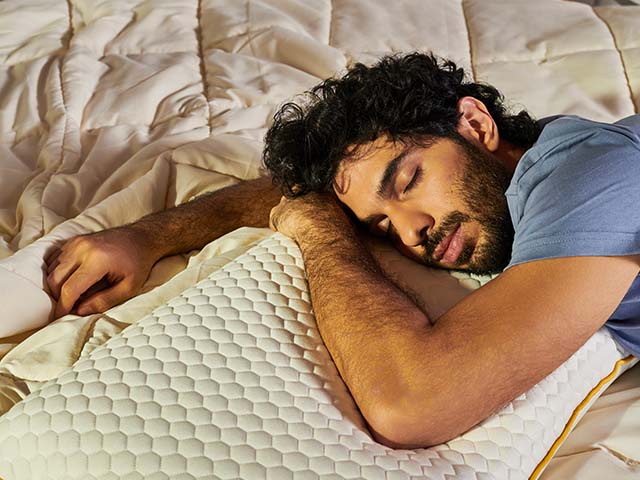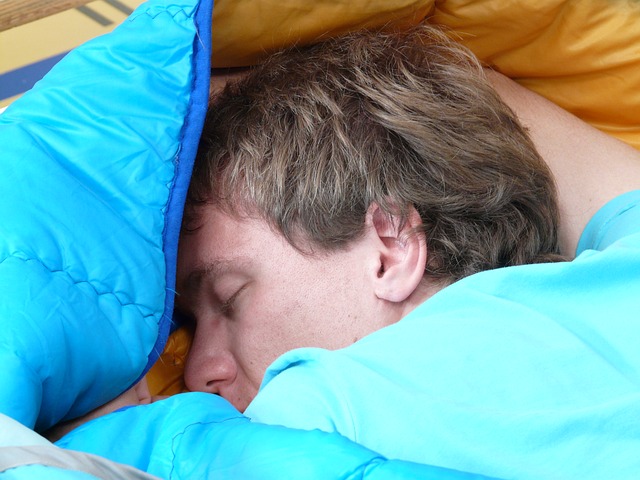
Alcohol and Sleep: An Unlikely Pair
For many, enjoying a glass of wine or a cocktail before bedtime is a relaxing ritual. After all, alcohol has a sedative effect, making it seem like a natural choice to unwind and prepare for a good night’s sleep. However, the relationship between alcohol and sleep is more complex than it appears. In this article, we’ll delve into the surprising ways alcohol affects your sleep, shedding light on why that nightcap might not be the best idea for your rest.
The Sedative Illusion: How Alcohol Affects Your Brain
At first glance, alcohol does seem to have a calming effect. It can make you feel drowsy and help you fall asleep faster. This is because alcohol is a central nervous system depressant, which means it slows down brain activity. However, this initial sedative effect is only part of the story.
The Roller Coaster of Sleep Stages
A typical night’s sleep consists of several stages, including REM (Rapid Eye Movement) and non-REM sleep. REM sleep is crucial for memory consolidation and emotional well-being. Non-REM sleep is when your body does most of its physical repair. Here’s where alcohol comes into play:
- Disrupted Sleep Patterns: While alcohol might help you fall asleep faster, it can disrupt your sleep patterns later in the night. As your body metabolizes alcohol, it can cause sleep disturbances, leading to frequent awakenings and a reduction in overall sleep quality.
- Reduced REM Sleep: Alcohol has a tendency to suppress REM sleep, which is vital for cognitive function and memory retention. Consequently, even if you manage to sleep through the night, you may wake up feeling less rested and mentally foggy.
- Increased Snoring and Sleep Apnea: Alcohol can relax the muscles in your throat and airway, increasing the likelihood of snoring and sleep apnea episodes. These disturbances can further diminish your sleep quality and leave you feeling fatigued the next day.

The Deceptive Impact on Sleep Quality
While alcohol may initially induce a sense of drowsiness, it ultimately sabotages the quality of your sleep. The disruptions in sleep patterns reduce REM sleep, and the potential for snoring and sleep apnea can lead to a less restorative slumber.
Breaking the Cycle: Moderation Is Key
If you’re concerned about the impact of alcohol on your sleep, consider these tips:
- Limit Alcohol Intake: Try to consume alcohol in moderation and avoid drinking close to bedtime.
- Stay Hydrated: Alcohol can dehydrate your body, so make sure to drink water to counteract this effect.
- Create a Bedtime Routine: Establish a relaxing bedtime routine that doesn’t involve alcohol to signal to your body that it’s time to wind down.
In Conclusion
While that evening drink may seem like a pleasant way to unwind, it’s essential to be aware of how alcohol can affect your sleep quality. The sedative allure of alcohol often masks its disruptive impact on your sleep cycles. By understanding the relationship between alcohol and sleep, you can make more informed choices about when and how much you indulge, ultimately ensuring a more restful night’s sleep. Are you looking for great sleeping pills, you can visit their page for further info.

